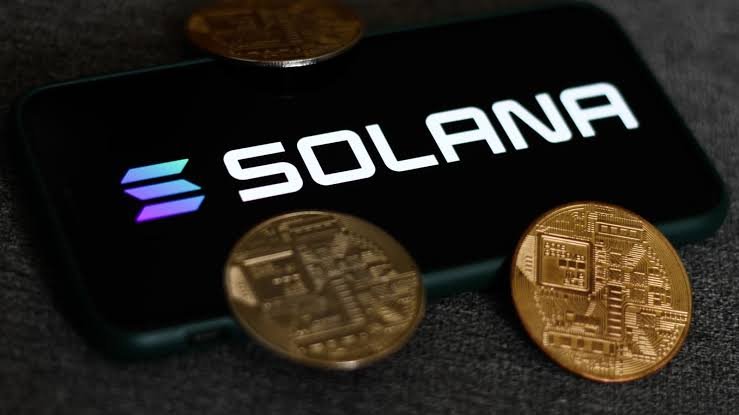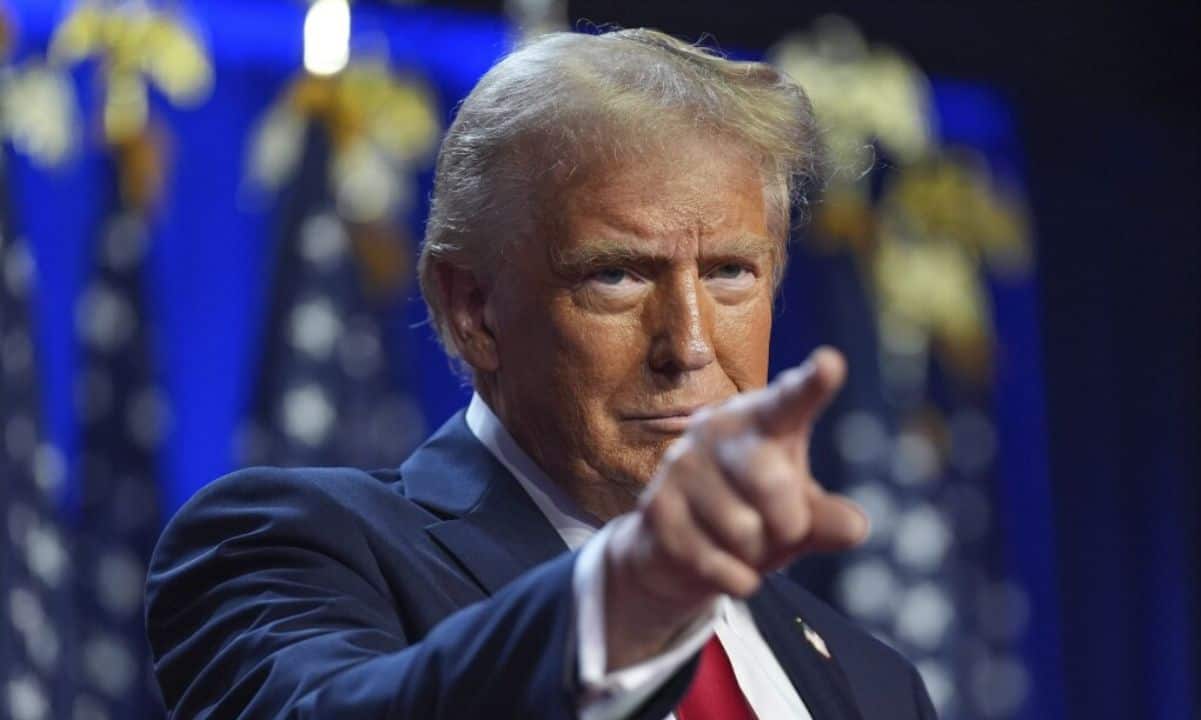On U.S. election day, BlackRock's iShares Bitcoin Trust (IBIT) hit an all-time high in daily trading volume, coinciding with pro-crypto Republican candidate Donald Trump’s return to the White House.
“For a little perspective, IBIT’s volume today outpaced big names like Berkshire Hathaway, Netflix, and Visa,” Bloomberg's Senior ETF Analyst, Eric Balchunas, remarked on X. He noted that within just the first 20 minutes of trading, IBIT had already hit $1 billion in volume.
And it wasn’t just IBIT on a roll—other spot Bitcoin ETFs collectively saw a massive $6 billion in trades, the highest daily total since March 14, according to SoSoValue.
“Most of these ETFs doubled their usual volume—a big day for an emerging market that keeps surprising us,” Balchunas added.
According to reports, on top of that, 12 Bitcoin ETFs together pulled in net inflows of $621.9 million on Wednesday. Fidelity’s FBTC led the way with $308.7 million in fresh investments, while funds from Ark, 21Shares, Bitwise, and Grayscale’s mini trust each brought in over $100 million. Grayscale’s GBTC and VanEck’s HODL also logged positive inflows.
Interestingly, BlackRock’s IBIT saw a net outflow of $69 million on the same day, despite a massive $2.1 billion inflow the previous week, marking its second-biggest weekly inflow ever. These new investments have pushed the total net inflows across all 12 Bitcoin ETFs to $24.1 billion so far.
What Record Trading Volumes Mean for the Future of Crypto?
The record-breaking volume in Bitcoin ETFs on election day, led by BlackRock’s iShares Bitcoin Trust (IBIT), signals a strong and growing interest in cryptocurrency from mainstream investors. This surge can be seen as a pivotal moment for Bitcoin, as it moves further into the established financial landscape, attracting institutional and retail investors alike.
The fact that Bitcoin ETF trading outpaced household names like Berkshire Hathaway and Netflix shows that digital assets are no longer fringe investments but are becoming essential components of diversified portfolios.
Investors are increasingly seeking access to Bitcoin through regulated products like ETFs, indicating a shift in sentiment where Bitcoin is now viewed as both a growth asset and a hedge against macroeconomic instability.
Looking ahead, this momentum could set the stage for accelerated growth in the Bitcoin ETF market. As more investors recognize the benefits of holding Bitcoin in a familiar ETF format—rather than directly managing a wallet or dealing with exchanges—the demand for Bitcoin ETFs is likely to increase.
This could drive up trading volumes further, eventually boosting Bitcoin’s price. The capital inflows into Bitcoin ETFs reflect a confidence that extends beyond daily trading: investors are signaling long-term faith in Bitcoin as a resilient asset, particularly with pro-crypto sentiment now influencing government leadership.
The larger impact of this trend could also pressure regulators to approve more crypto-based ETFs, potentially paving the way for diversified digital asset funds. If Bitcoin ETFs continue to perform well, regulatory bodies might see this as validation of the crypto market’s stability, potentially leading to a broader acceptance of digital asset funds in traditional finance.
Moreover, the increasing institutional involvement suggests that Bitcoin’s price stability could improve, reducing volatility as more institutional money flows into the space. This shift might ultimately transform Bitcoin from a highly speculative asset into a standard financial instrument, further integrated into traditional portfolios, and may even influence central banks and policymakers to consider digital assets in their economic strategies.

















 English (US) ·
English (US) ·